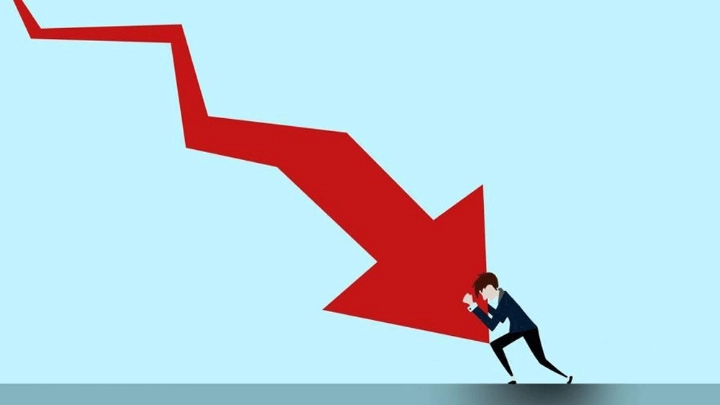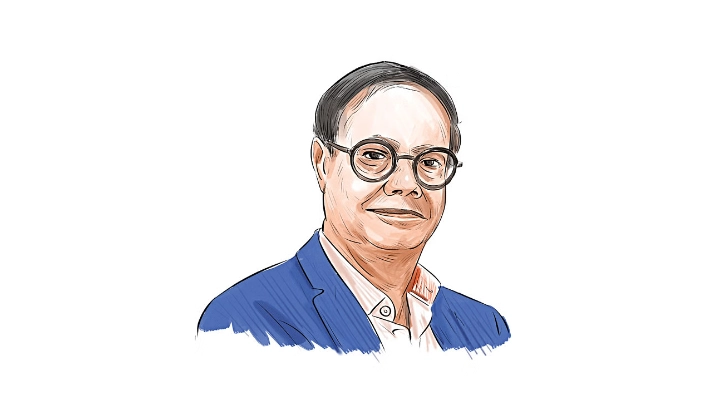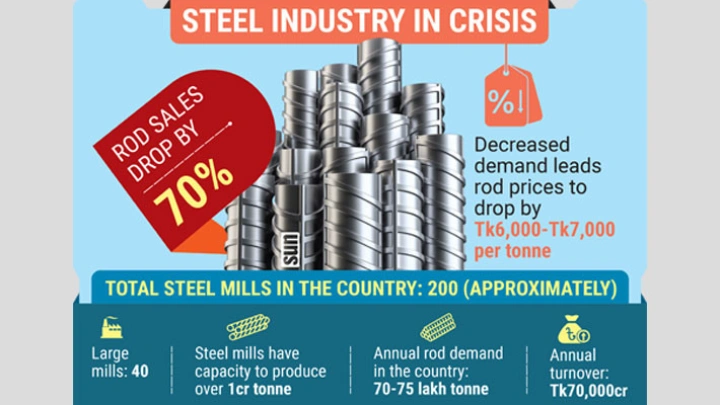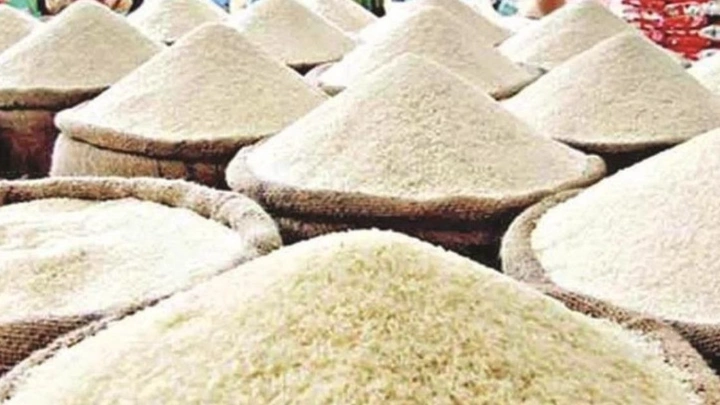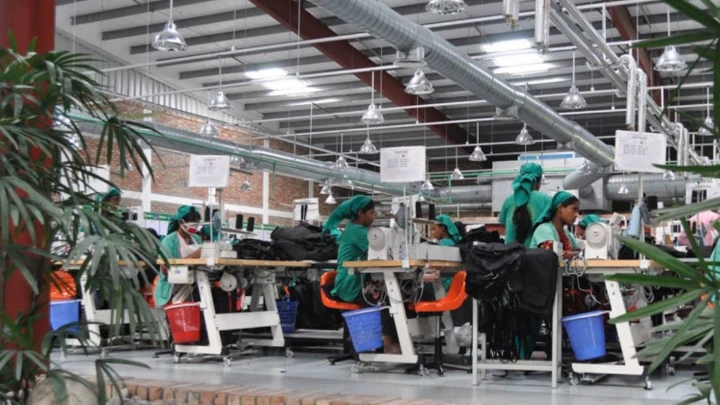Economic Slowdown: Factory closures halt investment growth
DailySun || Shining BD
The closure of numerous factories in Bangladesh has significantly impacted investment. Private sector credit growth has plummeted to a 42-month low. Rising interest rates have discouraged the establishment of new factories, leading to reduced imports of capital machinery. Analysts warn of negative consequences for employment and tax revenue, posing a concerning trend for the economy.
Reports indicate that over 100 garment factories have closed in the past six months, alongside the closure of about 10 textile mills in recent months. Between July and September last year, 83 companies ceased operations entirely. Additionally, many factories in the cement, steel, and paper industries have shut down.
Political instability following the fall of the Awami League government, market volatility, rising interest rates, difficulties in opening letters of credit (LCs), raw material shortages, labor unrest, and inadequate production activities have contributed to these closures. Entrepreneurs are hesitant to invest in new ventures, leading to a stagnation in investment.
On 2 January, Keya Group decided to permanently close four factories. In mid-December, two other groups shut down 24 factories. Since the political shift on August 5, numerous industrial units have closed.
According to Bangladesh Bank's recent statistics on private sector credit, restrictive monetary policies and economic slowdown have further reduced bank loans in the private sector to a 42-month low. In November 2024, private sector credit growth declined to an annual rate of 7.66%, down from 8.30% in October.
This is 2.14% lower than Bangladesh Bank's target of 9.80% for the first half of FY 2024-25. The last time credit growth fell this low was in May 2021 during the COVID-19 pandemic. Since political unrest began in July-August, credit growth has declined further.
A senior officer at a private commercial bank noted that uncertainty and high interest rates have reduced demand for new loans, especially term loans. Currently, banks are offering loans at interest rates of 14% to 15%. He added that the demand for term loans and commercial financing has significantly dropped, leading to reduced imports. Entrepreneurs are waiting for the financial risks to stabilize before investing further. Political stability and consistent power supply are essential for improving Bangladesh's investment climate.
Data from Bangladesh Bank and the Bangladesh Bureau of Statistics show that capital machinery imports decreased by 21.90% during the first five months of FY 2024-25. Between July and November, imports totaled $860 million, compared to $1.11 billion during the same period in FY 2023-24. Interest rates, which were previously at 9%, now exceed 15%.
Similarly, foreign direct investment (FDI) has also declined. During the first five months of the current fiscal year (July-November), FDI amounted to $1.47 billion, an 8.80% drop from $1.61 billion in the same period of FY 2023-24. Unemployment has risen, with the number of unemployed increasing from 2.5 million in June 2023 to 2.64 million in June 2024.
Former chairman of the Association of Bankers, Bangladesh, and Managing Director of Mutual Trust Bank, Syed Mahbubur Rahman, stated that most banks are now adopting a conservative approach to loan approvals to avoid the risk of loan defaults in the current economic slowdown. As part of this strategy, banks are ensuring proper collateral before approving loans.
Meanwhile, actual imports settled through LCs dropped by 0.83% during the same period, from $28.17 billion to $27.94 billion.
Shining BD

